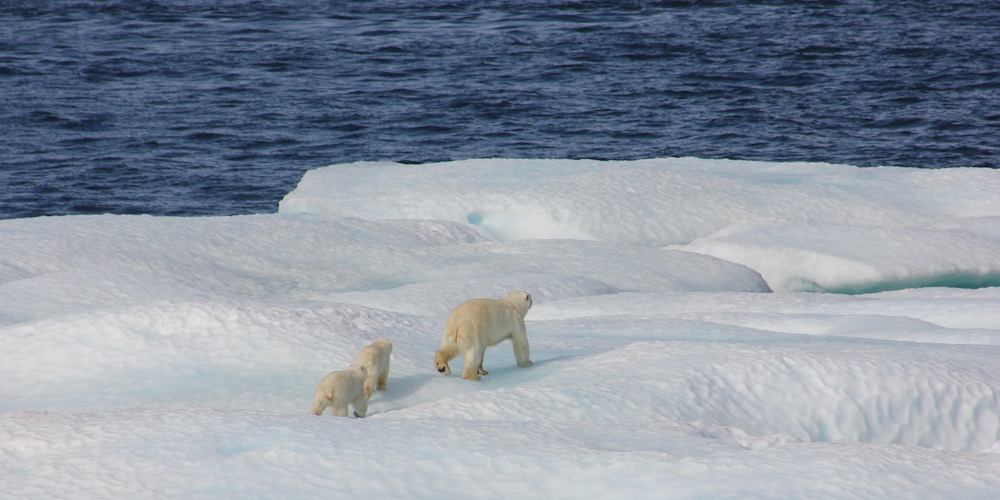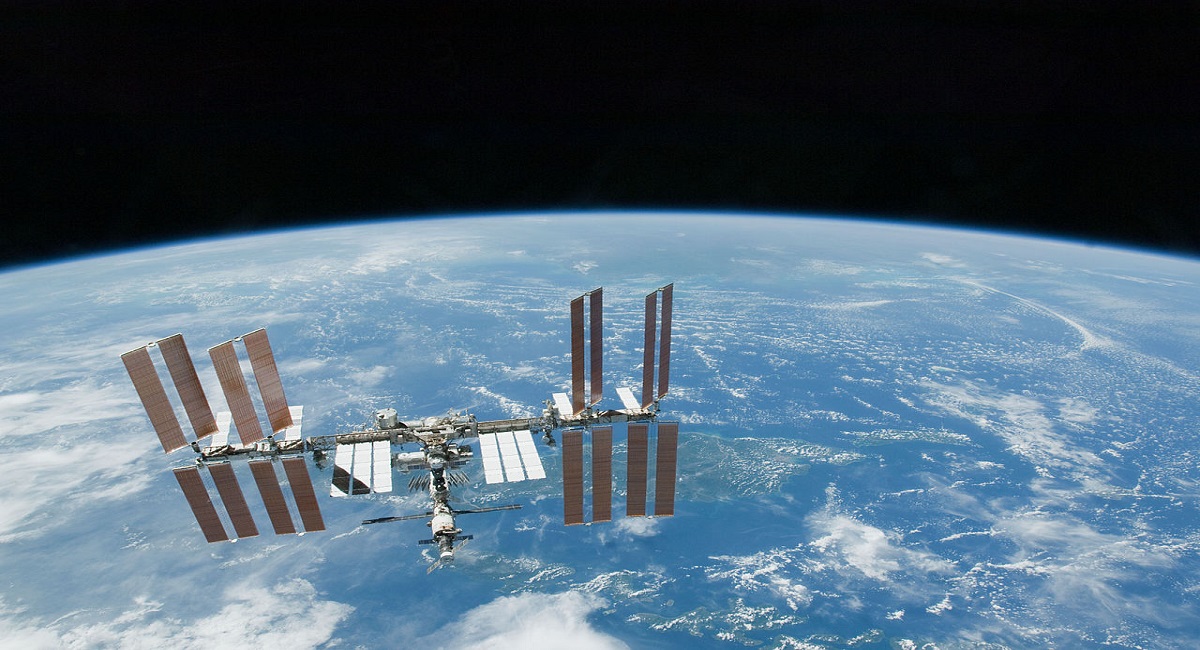
The University is to help spearhead a national programme of technological revolution backed by the UK Space Agency.
World-leading research in climate change, space and planetary science, navigation and transport, advanced computer techniques and instrumentation design is already carried out at Leeds Academics are working on global issues ranging from air quality, weather forecasting and sea level impact to flood alerts, earthquakes and polar glaciers.
Now that expertise will underpin an ambitious programme which aims to bring together development and investment in new digital and space-related technology approaches.
The project will see the University, Leeds City Region Local Enterprise Partnership (LEP) and other partners work together to further develop an emerging Local Space Hub across West Yorkshire, including Bradford, Calderdale, Kirklees, Leeds and Wakefield.
It aims to identify existing industry strengths while unearthing challenges and knowledge gaps to develop a strong and sustainable space hub in these West Yorkshire regions over the next five to ten years.

World-leading research in climate change, space and planetary science, navigation and transport, advanced computer techniques and instrumentation design is already carried out at Leeds Academics are working on global issues ranging from air quality, weather forecasting and sea level impact to flood alerts, earthquakes and polar glaciers. Now that expertise will underpin an ambitious programme which aims to bring together development and investment in new digital and space-related technology approaches.
A successful design system liberates the team from reinventing the wheel. It allows you to focus on what really matters
Dr Anna Hogg, University Academic Fellow and Earth observation expert at Leeds' School of Earth and Environment, said space activity such as examining satellite data was essential for monitoring the Earth's climate.
“This enables us to measure pollutants in the air we breathe, the health of forests and crops, and the speed of colossal glaciers on the Antarctic Ice Sheet that cause sea levels to rise,” she said.
“This work will be of great benefit to the local, national, and international Space community for years to come.
“As a scientist, it's my job to discover something new about how the world works every day. I can't think of a more meaningful or exciting career to pursue.”
The six-month programme, supported by £80,000 in funding from the UK Space Agency (UKSA), is one of seven projects announced today.
Science Minister Amanda Solloway said: “The UK's space sector has shown incredible resilience to the coronavirus pandemic and will continue to play a key role in our recovery – from creating high quality jobs to finding unique ways to support our NHS.
“This funding will arm local leaders up and down the UK with the tools they need to put their local areas at the front of the commercial space race, while refuelling the tank of the UK economy and helping Britain realise its ambitions as a global space superpower.”
In the last decade, space has transformed into one of the UK's fastest sectors. The UK space industry now employs close to 42,000 people nationally and generates income of nearly £15 billion every year.
Professor Nick Plant, Deputy Vice-Chancellor: Research and Innovation at the University, said: “Challenge-led innovation sits at the heart of national and international research networks.
“The UK has world-leading expertise in the space sector, and the University of Leeds is proud to be supporting entrepreneurship in the North, through the development of a regional space hub here in the Leeds City Region.”
99.9 per cent of our objects to climate change have nothing to do with the science. They have everything to do solution aversion.
If harnessed as part of a Local Space Hub, these businesses have the potential to set the Leeds City Region apart from other areas both in the UK and globally.

Among those supporting the Local Space Hub is Matthew Bray, CEO of SatSense - a University of Leeds spin-out company that uses satellite data to monitor ground movement across the UK.
He said: “As a growing tech start-up with innovation at our core - access to talent, resources and customers are central to our needs.
“We're proud to call Leeds home, as there is no better place to meet our current needs and ambitious plans for the future.”
Mandy Ridyard, board member of the Leeds City Region LEP and CEO of Bradford-based aerospace engineering company Produmax said: “This dynamic initiative aims to develop a world-leading regional space hub.
“Accelerating economic growth through technology and innovation is a priority for the Leeds City Region LEP, and this exciting work will create new opportunities by harnessing the world-class expertise and talent already in our region.”
| Name of planet | Average temperatre | Average distance from the sun |
|---|---|---|
| Mercury | -183°C to 427°C | 57,900,00 km |
| Venus | 480°C | 108,160,000 km |
| Earth | 14°C | 149,600,000 km |
| Mars | -63°C | 227,936,640 km |
Further information
Dr Anna Hogg is co-director of the NERC SENSE Centre for Doctoral Training which is training 50 new PhD students to become Earth observation experts. Applications for SENSE PhD studentships are currently open.
For further details, contact University of Leeds press officer i.rosser@leeds.ac.uk